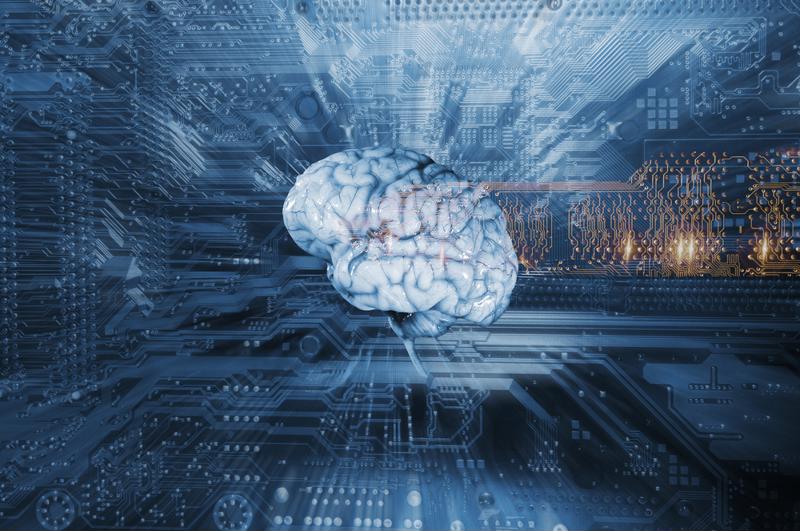
AI applications that send finance to the moon
By Max BurkhalterNovember 2, 2021
The financial applications of automation, like a good investment portfolio, are quickly diversifying.
Finance, of course, is all about productivity. It's no wonder then that finance and artificial intelligence are a match made in heaven.
Automation opens a new path forward in the highly competitive world of finance. While the range of services unfold, so too does a rare opportunity to get a leg up on the competition. So, what is machine learning and what can it do? Here are a few big ways AI is changing the game.
Machine learning loves data — and finance does, too
As a specific function of AI, machine learning grows from experience without needing specific programming. In other words, it accumulates data and teaches itself how to optimize. The more data that operators feed to the AI, the better it is at improving.
The data dependency of machine learning makes it a perfect application for the financial industry. According to Allied Market Research, the global market for AI in banking is worth $3.4 billion, but is predicted to exceed $64 billion by 2030. This boom is in large part due to the wide range of uses throughout the financial world.

Greater productivity and user experience means larger revenues
Generally, automation is good for productivity. It makes performance more efficient by cutting down time and costs. Reducing costs, in turn, means more revenue and larger profit margins. If there's anything the world of finance loves, it's maximizing profit across the board.
AI chatbots at major financial institutions, like Wells Fargo, are improving the user experience while also collecting data and optimizing for better performance. Others are using machine learning algorithms to process important legal documents, thus saving time and manpower. A task that would normally accumulate long hours of laborious work can be synthesized and automated thanks to machine learning.
Fraud detection and enhanced security
Machine learning is also helping financial institutions thwart security threats. As an industry with large amounts of data, companies are often the target of cyberattack.
In fact, research by VMWare found that in the first half of 2020, financial institutions or service companies experienced a 238% spike in cyberattacks. This is especially troubling for an industry where data breaches cause an average loss of $5.7 million, per IBM.
Thanks to machine learning, however, institutions are protected. AI can scour large datasets, pick up on patterns and get to know regular network performance. When there is a threat, AI can identify the anomaly and eliminate them.
Algorithmic trading makes retail investing easier
One of the biggest markets to spawn out of the rising tide of automation has been the roboadvisor industry. This niche area of finance uses algorithms to help humans make better trading decisions. These algorithms are based on mathematical models designed to accumulate data and factor in anything that may cause security prices to fluctuate before taking action based on set parameters.
Models, however, are only as good as the data that is fed to them, according to Forbes. Data cleaning is vital to the success of the model. Outliers can skew results and misinform the algorithm.
Robodadvisors also account for certain personalized settings. Most services ask users whether their goal is to accumulate retirement or savings, how aggressive their portfolio should be and also how involved they'd like to be in the trading. Since machine learning can read large amounts of data quickly, it gives traders an edge over competitors. Although success is not guaranteed, algorithmic trading is a valuable tool for retail traders.
To learn more about how the latest technological advancements can help you, read some of Perle's customer success stories.



